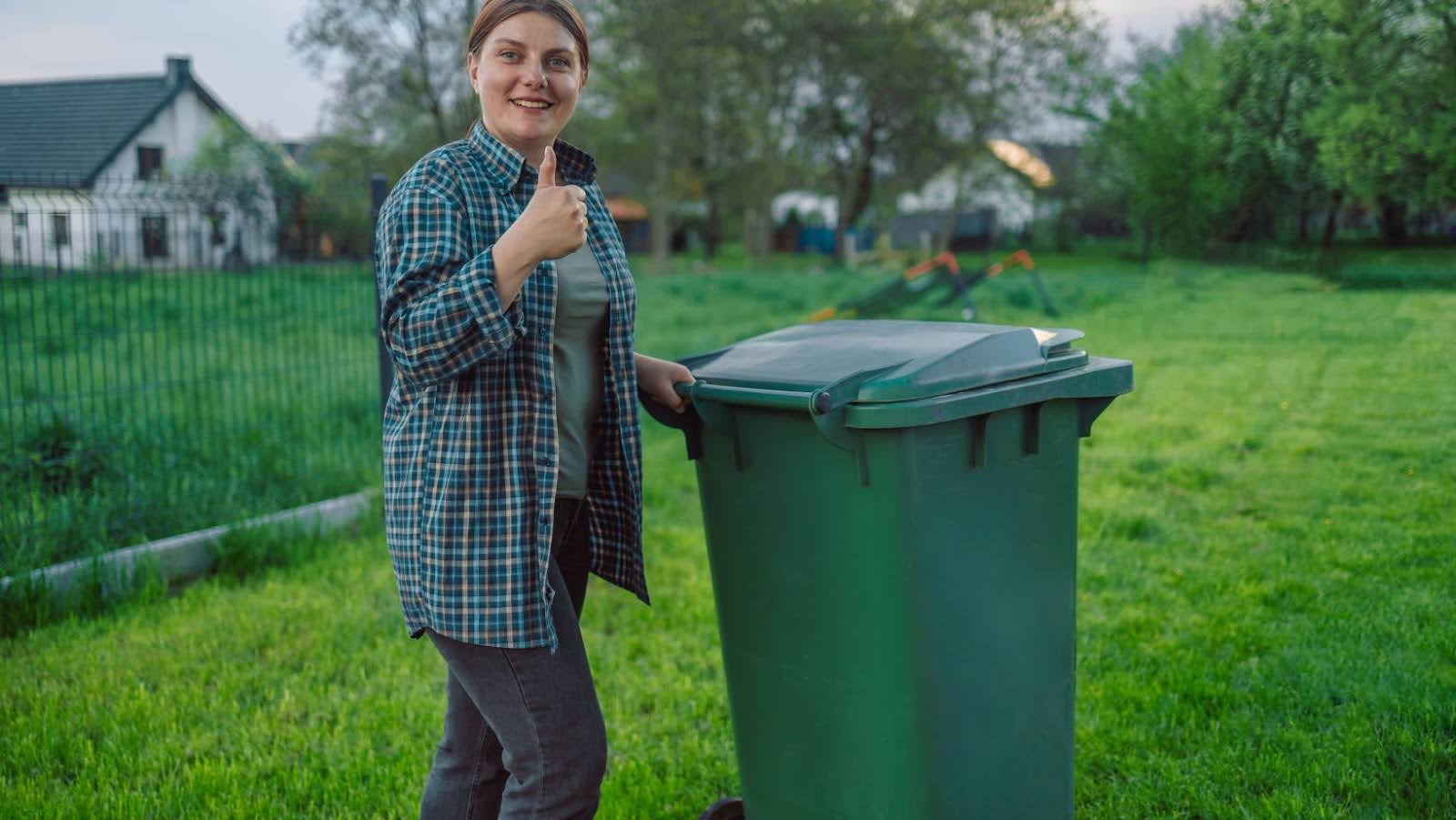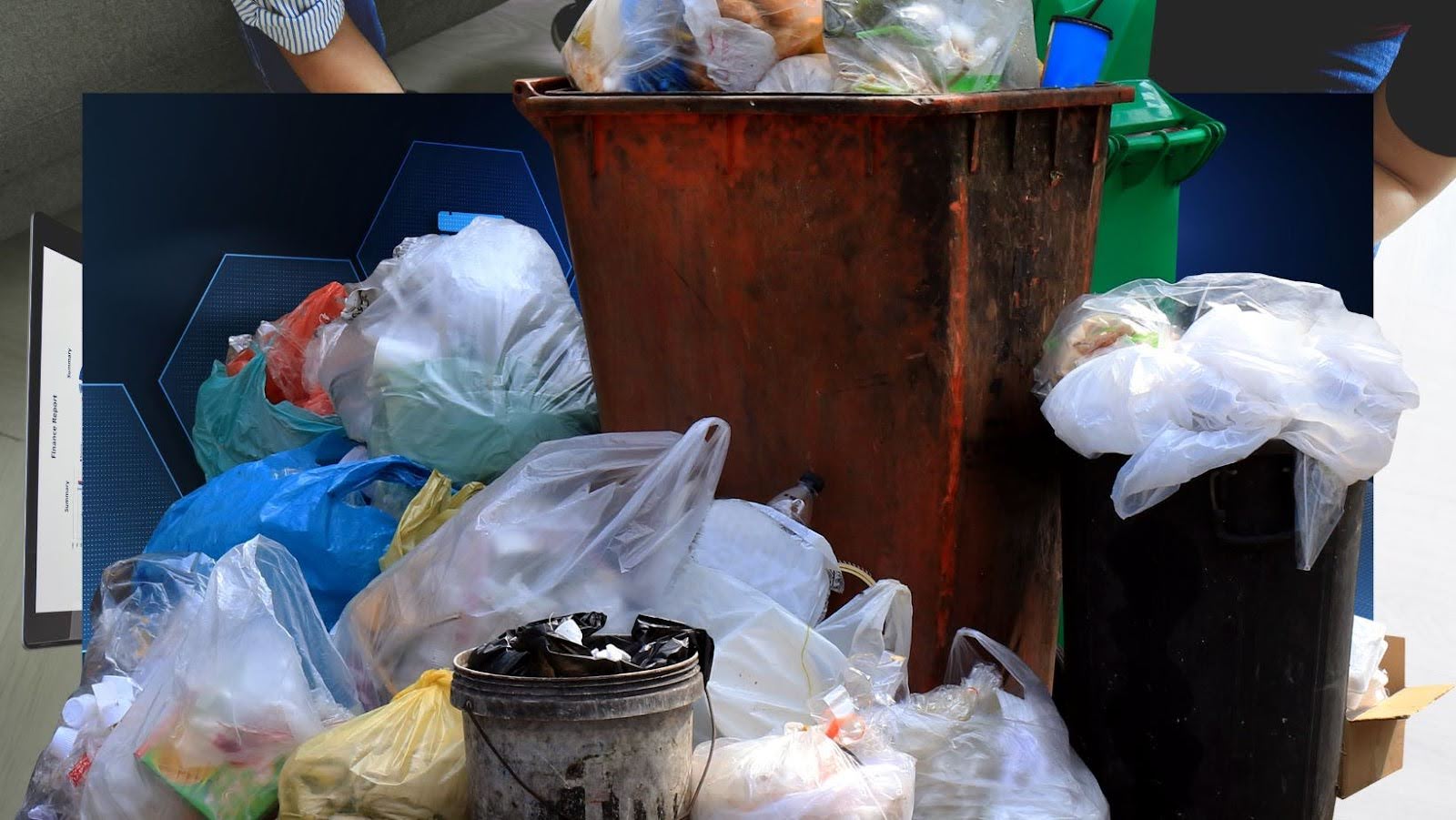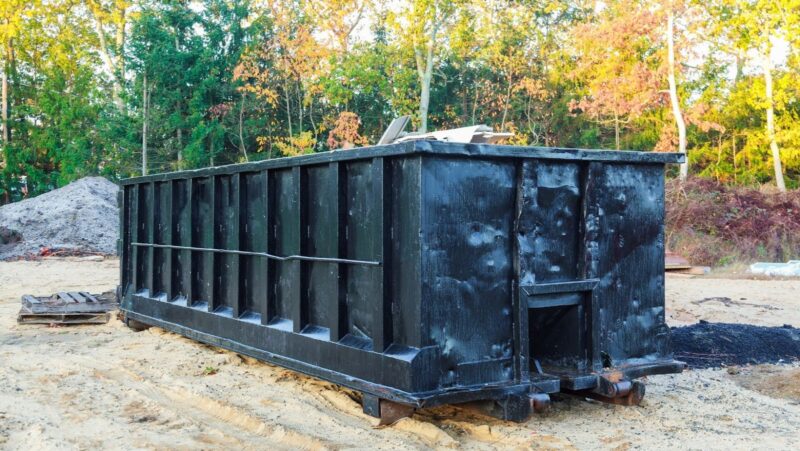
Taking out the trash is a straightforward task. You know the drill: bag the garbage, toss it in the bin, and that’s it. Well, not so fast, as there may be penalties if you improperly dispose of your trash.
Proper trash disposal requires more than ensuring every lick of waste gets put in your large 13-gallon garbage bags. While taking out the trash might seem like a no-brainer, many unknowingly make mistakes that can lead to bigger issues. From attracting pests to contributing to environmental problems, improper trash disposal can have significant consequences.
Here are some common residential trash mistakes and how you can avoid them.
Not Separating Recyclables
Not separating recyclables is perhaps one of the most common trash disposal mistakes people make in their homes. It’s much simpler to toss everything into the same bin but this complicates sorting at recycling facilities. Also, not separating recyclables from regular trash causes them to end up in landfills, contributing to pollution.
You should set up a separate recycling bin in your home. Find out from your local municipal or council which items are recyclable and which are not. Afterward, separate your trash accordingly.
Failing to Compost Organic Waste
Just like recycling facilities, you can sort out your regular waste into organic and inorganic waste. Food scraps and yard waste are organic waste, and you shouldn’t dispose of them in the regular trash bin. When organic wastes reach landfills, they generate a greenhouse gas called methane.
Moreover, organic matter can be used to form compost, enriching your garden soil. Rather than throwing food scraps and yard waste out in your regular trash can, get a compost bin.
When the bin fills up, mix the compost with wood chippings and apply it to your garden. You can also have them sent to composting facilities.
Pro tip: Don’t use plastic bags for your organic waste. Plastic bags don’t decompose naturally, and many composting facilities won’t accept yard waste in non-biodegradable bags.
Overflowing Trash Bins
An overflowing bin is an eyesore, yet, it is a common trash mistake. Not only does it attract pests and cause spillage, but it may lead to a missed pick-up. Not to mention that it creates an unsanitary environment.
You should monitor your trash levels and take it out before the bin becomes too full. A good rule is to fill your trash bag to only about 75% of its capacity. Flatten containers and fold cardboard boxes before stuffing them into your trash bin.
Improper Disposal of Hazardous Materials
Batteries, paint, and cleaning chemicals aren’t in your regular trash. These items can be harmful to the environment and sanitation workers. Most communities have local regulations for the proper disposal of hazardous materials. Know what these regulations in your area are. There may be special collection days or designated drop-off locations for hazardous waste.
Defaulting on Bulk Item Disposal Rules
Not everything fits into your regular trash bin. Items like furniture, appliances, or bed frames often require special disposal methods. The waste management service in your community should have guidelines on how to properly dispose of these items. Often, it involves picking them up or dropping them off at a designated location.
Conclusion
Avoiding these common residential trash mistakes requires awareness and mindfulness. Not only does this make the work of the sanitation workers easier, but it also ensures a cleaner and safer environment. Proper trash disposal benefits your immediate surroundings and helps in the larger effort to reduce pollution and promote sustainability.








